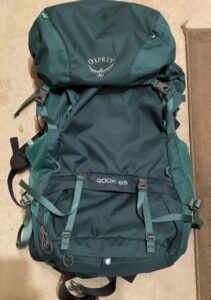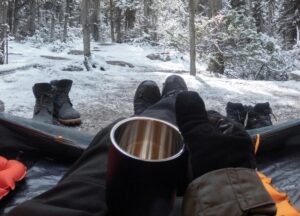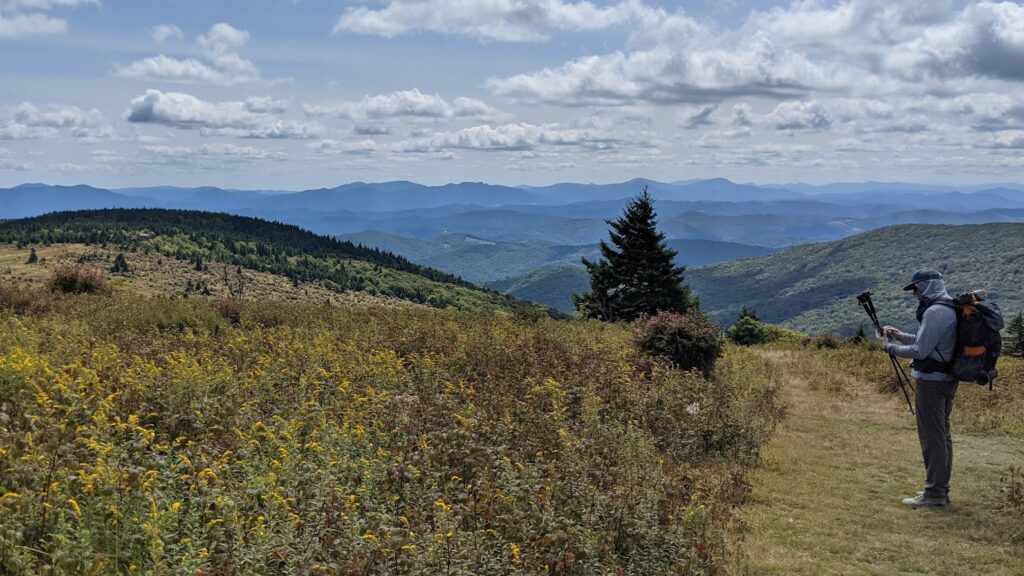
Uncover the secrets of stealth camping in this captivating read! It’s an intriguing form of camping that dwells under the radar, literally. Whether you’re an avid adventure-seeker or just morbidly curious, this article will shed light on what stealth camping entails and address its legality. So strap on your explorer’s hat and let’s embark on this fascinating journey together.
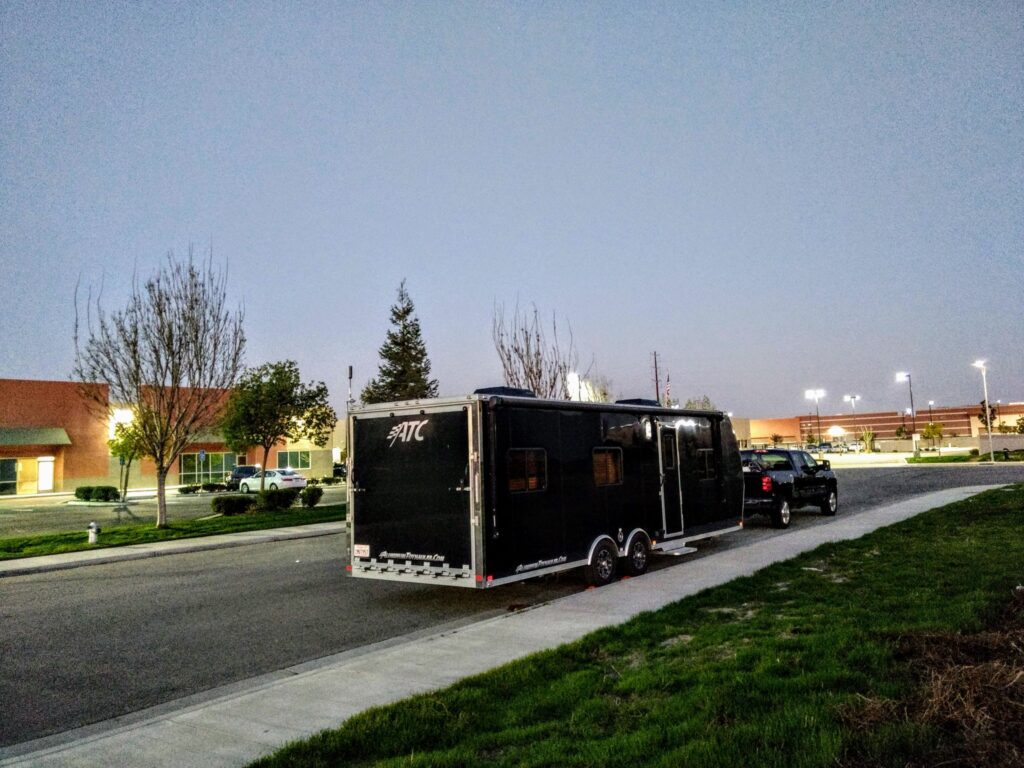
Understanding Stealth Camping
Friend, if you’re into exploring the outdoors and are intrigued by the concept of stealth camping, you’re in the right place. This comprehensive guide will get you up to speed on what it is and the considerations revolving around it.
Definition of Stealth Camping
Stealth camping, as its name suggests, is a form of camping where one sets up camp in a secretive or quiet fashion, often leaving no trace of their presence. This type of camping is typically practiced in areas where traditional camping may be frowned upon or simply not allowed.
History and Origin of Stealth Camping
Stealth camping isn’t exactly a new phenomenon. It can be traced back to ancient nomadic people who would make temporary homes in remote areas while traveling. More recently, it has been popularized by long-distance cyclists, backpackers, and other outdoor adventurers who find it a necessary part of their journey.
Purpose of Stealth Camping
The purpose of stealth camping can vary vastly among its practitioners. For some, it presents a more immersive and authentic outdoor experience. For others, it’s out of necessity in their travels. Some find it a way to save on the often expensive costs of established campgrounds. It is, however, important to remember that stealth camping comes with its benefits and downsides.
The Basics of Stealth Camping
Just like any form of camping, you’ll want to be well-prepared when stealth camping.
Equipments Needed
Basic camping gear is required such as a tent, sleeping bag, and cooking tools. However, stealth campers often prefer compact and low-profile gear, as it needs to be easily transported and not attract attention when set up.
Skills Required for Stealth Camping
Stealth camping demands a number of skills. Good navigation and map skills are important for finding suitable spots to camp. Survival skills such as fire building and food preparation are also crucial. Perhaps the most vital skill is the ability to leave no trace of your presence.
Choosing a Spot for Stealth Camping
A “good spot” for stealth camping usually means an inconspicuous and secluded location. It’s essential that your chosen spot is also environmentally friendly. Avoiding high traffic areas and places where your presence could potentially disturb wildlife or the environment is always recommended.
Rules and Etiquettes of Stealth Camping
Stealth camping comes with its own set of rules and etiquettes that need to be respected.
General rules for Stealth Camping
These rules typically revolve around maintaining the secrecy and subtlety of this form of camping, minimizing damage to the environment, and respecting the rights and privacy of others.
Respect for surroundings and environment
Stealth camping necessitates a high degree of respect for the environment. This means leaving your campsite as you found it, not damaging vegetation, and managing your waste properly.
Dealing with Wildlife while Stealth Camping
Always remember that when stealth camping, you are a visitor in the home of wildlife. Maintain a respectful distance, avoid feeding or disturbing them, and secure your food properly to avoid attracting them.
Potential Risks and Challenges of Stealth Camping
While stealth camping has its appeals, it can also pose potential risks and challenges.
Health and Safety concerns
Without amenities that come with formal campgrounds, such as running water and restrooms, health and hygiene can be a concern.
Risk of Theft and Vandalism
Your relatively hidden campsite might also be subject to theft, especially if left unattended during the day.
Risk of Exposure to Harsh Weather conditions
You may also face exposure to harsh weather conditions, rendering your camping experience uncomfortable and potentially unsafe.
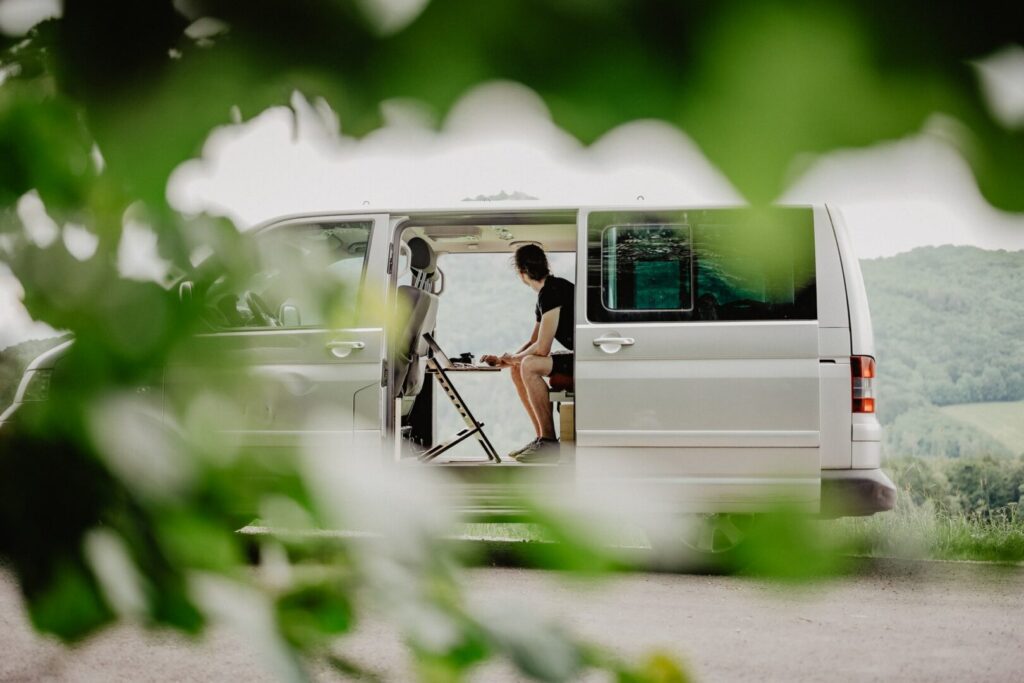
Stealth Camping Worldwide
Stealth camping is not limited to one region; travelers around the world utilise it.
Popularity and Prevalence of Stealth Camping
Stealth camping is notably popular among backpackers, hikers, and cyclists traversing areas where established campgrounds may be scarce or expensive.
Famous Spots for Stealth Camping
There are also famous spots for stealth camping, usually those with breathtaking scenery and a sense of adventure. Please note, always check if stealth camping is permitted there.
Fanatic Communities and clubs for Stealth Camping
Online communities dedicated to sharing stealth camping experiences and tips have also sprung up, demonstrating the appeal and prevalence of this quirky form of camping.
Stealth Camping and the Law
Stealth camping can traverse the boundary of legality and it’s crucial to be aware of this.
General Laws governing Camping
General camping laws vary significantly worldwide. Always check local regulations before considering stealth camping.
Defining Trespassing and Stealth Camping
Stealth camping could potentially fall under trespassing if you’re camping on someone else’s property without permission.
Countries where Stealth Camping is illegal
Keep in mind that stealth camping is illegal in some countries and punishable by fines or even imprisonment.
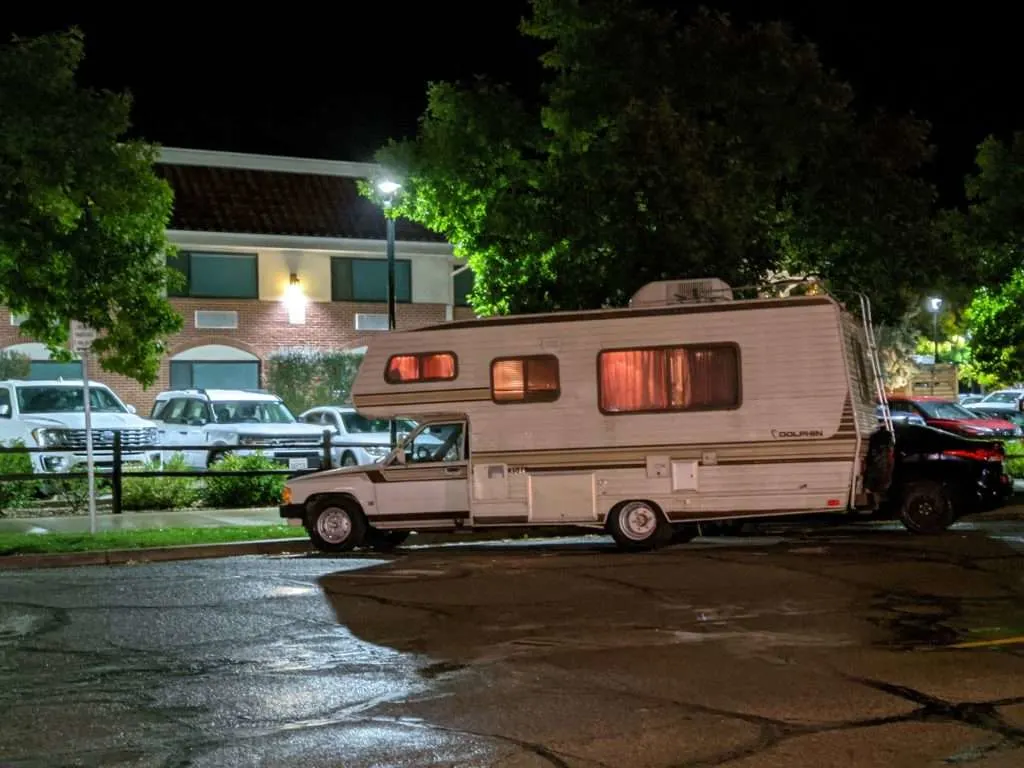
Penalties for Stealth Camping
If caught stealth camping, one may face penalties depending on local laws.
Criminal Liability for Stealth Camping
In some places, stealth camping can be considered a criminal offense, especially if it involves trespassing.
Fines and Penalties
Fines can be imposed, and vary widely from place to place.
Getting Caught while Stealth Camping
In worse case scenarios, you could potentially face imprisonment, although this is extremely rare and often as a last resort for repeat offenders.
Is Stealth Camping Ethical
The ethics and sustainability of stealth camping can be a complex issue.
Debate on Stealth Camping Ethics
There’s often debate around whether stealth camping is ethical, particularly due to its potential to cause environmental damage and infringe on people’s privacy.
Impact of Stealth Camping on Environment
If not done responsibly, stealth camping can severely harm the environment, disturbing wildlife and damaging vegetation.
Respect for Private and Public Property
Furthermore, stealth camping often involves camping on either public or private property without explicit permission, raising questions around respect for ownership rights.
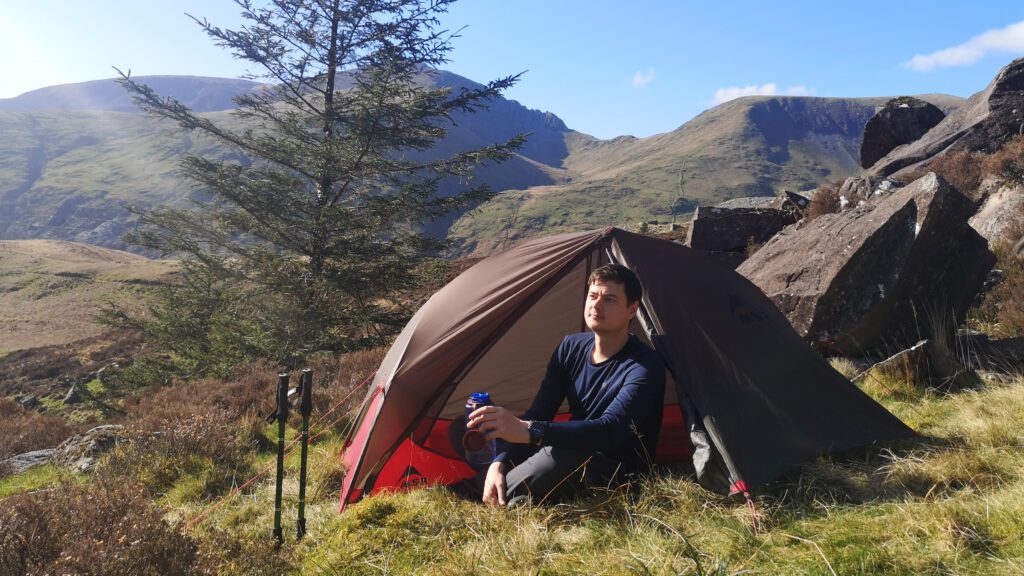
Stealth Camping vs. Regular Camping
Stealth camping and regular camping each have their own appeals and drawbacks.
Comparing the two forms of Camping
Regular camping usually involves established campgrounds with amenities, while stealth camping is a more primitive, secretive form.
Why Stealth camping can be more appealing
Stealth camping can offer a deeper connection with nature, an allure of adventure, and can sometimes be more affordable.
Advantages and Disadvantages of Stealth Camping
It can, however, come with additional challenges and risks compared to regular camping. Stealth camping can present legal and ethical considerations, and its practice demands a high level of resourcefulness and respect for nature.
How to Stealth Camp Safely and Legally
There are ways to practice stealth camping responsibly and legally.
Legal Alternatives to Stealth Camping
One option is to seek permission from relevant authorities or landowners. There are also some land trusts and public lands which may permit this form of camping.
Tips for a Successful Stealth Camping experience
Arriving late and leaving early can help keep your presence unnoticed. Utilizing low-impact camping techniques and equipment can help reduce your environmental footprint.
Practicing Safety while Stealth Camping
Always prioritize your safety and wellbeing. Be aware of local wildlife, weather conditions, and have a plan ready in case of emergencies.



